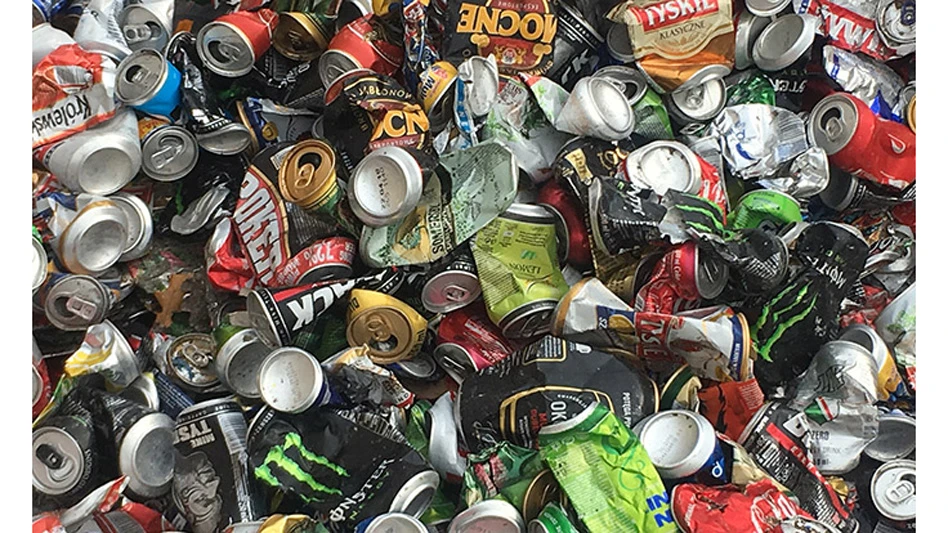The National Waste & Recycling Association (Waste & Recycling), Washington, D.C., has released its position opposing local and state government mandates governing product stewardship programs for printed paper and packaging.
Waste & Recycling is the trade association representing private sector companies in the United States involved in waste and recycling businesses.
“Advocates may promote legislation mandating ‘product stewardship’ programs for printed paper and packaging as a way to increase recycling rates and make retailers ‘pay’ for recycling—but these kinds of programs are rife with pitfalls and unintended consequences,” says Sharon H. Kneiss, president and CEO of Waste & Recycling.
“Our industry has spent hundreds of millions of dollars building, growing and maintaining our nation’s recycling infrastructure and the curbside collection programs that have contributed significantly to Americans’ generally high recycling rates,” she adds. “Meanwhile, we are already generating less paper waste today than ever before, and packaging recycling rates are higher than ever. Complicating these successes through government mandates is a mistake.”
Among the concerns raised by Waste & Recycling’s position paper on product stewardship programs for printed paper and packaging are:
- Product stewardship programs have not been shown to increase recycling rates for paper and packaging.
- These programs disrupt successful existing recycling programs, displace local government responsibility for solid waste management and require the insertion of a third-party organization comprised of manufacturers with little experience in or passion for recycling collection or processing.
- Product stewardship programs with third-party oversight can potentially violate antitrust law by undercutting fair competition in recycling collection and disposal. These programs must be carefully monitored to ensure they do not violate the law.
- These programs also create higher costs for consumers, as manufacturers are likely to pass on the costs of mandated stewardship programs by raising their prices.
“The waste and recycling industry agrees that America’s recycling rates have room for improvement, but mandated product stewardship programs are not the right path,” Kneiss says. “Better options include imposing stronger recycling laws on residents and businesses, increasing the size of curbside recycling carts, encouraging manufacturers to use recycled content and boosting public education on the importance of recycling.”
Latest from Recycling Today
- Proposed bill would provide ‘regulatory clarity’ for chemical recycling
- Alberta Ag-Plastic pilot program continues, expands with renewed funding
- ReMA urges open intra-North American scrap trade
- Axium awarded by regional organization
- China to introduce steel export quotas
- Thyssenkrupp idles capacity in Europe
- Phoenix Technologies closes Ohio rPET facility
- EPA selects 2 governments in Pennsylvania to receive recycling, waste grants





